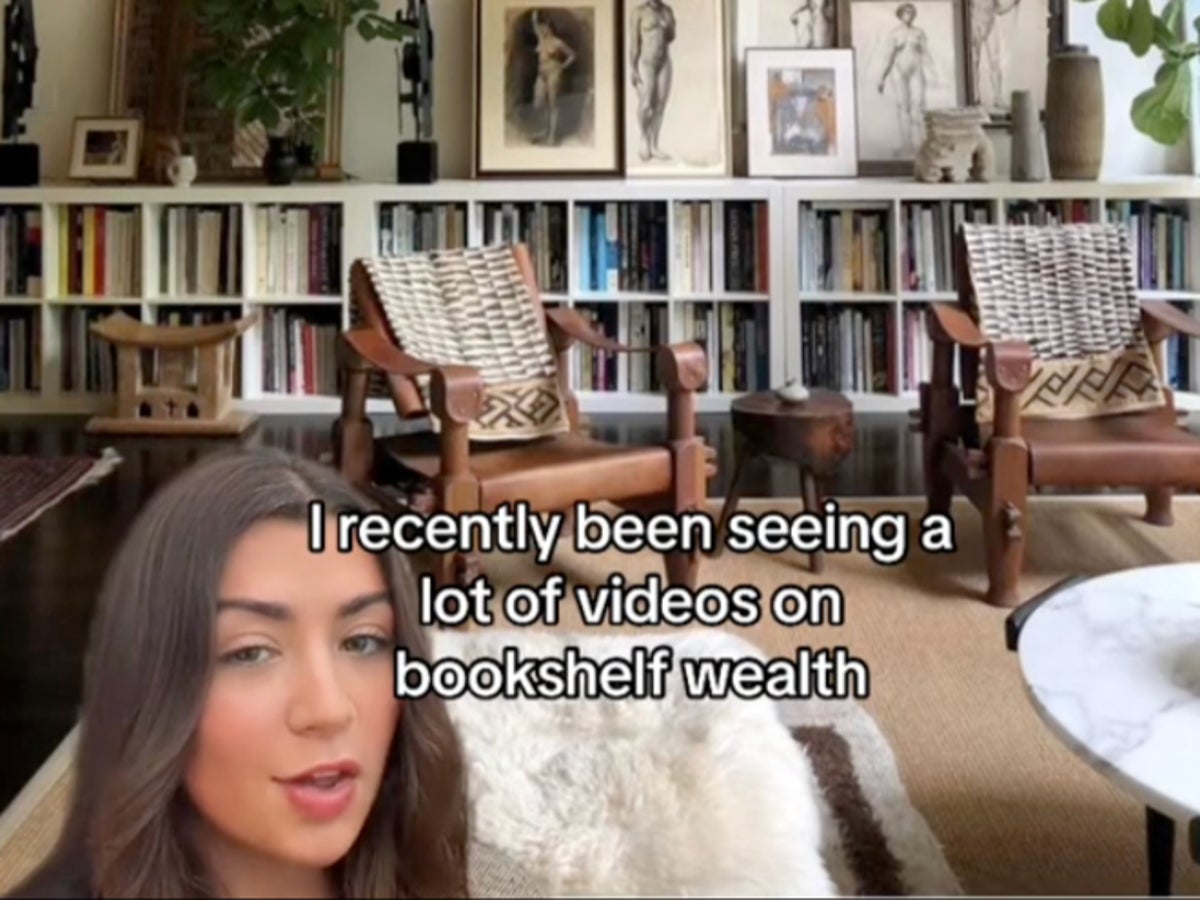Culture Machine is proud to announce the publication of its latest volume (vol. 22) on Anthropocene Infrapolitics, guest-edited by Pedro Aguilera-Mellado (Notre Dame), Peter Baker (Stirling) & Gabriela Méndez Cota (IBERO, Mexico City).
https://culturemachine.net/vol-22-anthropocene-infrapolitics/
Below is the table of contents and editorial introduction. We hope you enjoy it!
---
On Anthropocene Infrapolitics, edited by Pedro Aguilera-Mellado, Peter Baker & Gabriela Méndez Cota
https://culturemachine.net/vol-22-anthropocene-infrapolitics/
Contents
Contents
editorial
Época sin época y segundo comienzo
Alberto Moreiras
Un planeta transformado
Jan Zalasiewicz et al.
Nula o el lugar
Luz María Bedoya
Molten Praxis: Infrapolitics and the Inner-Outer Earth Juncture
Nigel Clark
La piel de la tierra
Teresa Vilarós
Between Futurology and Extinction: A Transautographic Experiment in Two Turns
Maddalena Cerrato & Peter Baker
Antropoceno y filosofía
Jorge Álvarez Yagüez
Infrapolitical Epimetheia: A Wondrous Machine
Gabriela Méndez Cota
Responsibility Toward the Planetary Nothing: For Infrapolitical Preparation
Rafael Fernández
Interrogación infrapolítica del Antropoceno: a propósito de Amaiur de Aixa de la Cruz
Pedro Aguilera-Mellado
Anthropocene, Infrapolitics, and Epochal Anxiety: Upon Reading Samanta Schweblin’s Kentukis and Distancia de Rescate
Gareth Williams
From Correlation to Corroboration: When the Weather Makes Sense of Death
AJ Baginski
Anthropocene Afterlives, or: Burial Rites for the Twenty-First Century
Adam R. Rosenthal
Plant-Thinking as Infrapolitical Ethics
Daniel Runnels
La justicia y el cambio climático abrupto
Nigel Clark (2011), trad. Irina López Rodríguez y Gabriela Méndez Cota
---
Editorial Introduction
https://culturemachine.net/submissions/vol-22-cfp-anthropocene-infrapolitics/editorial/
Since Paul Crutzen suggested the term in 2000, ‘the Anthropocene’ has become established as a narrative frame for the convergence of numerous discourses and collections of data exploring the reach, as well as the limits, of human agency within inherently dynamic Earth processes. This volume of Culture Machine arrives in the wake of a decade-long acceleration of Humanities discourse on the Anthropocene, the radical implications of which remain, in our view, unthought.
Already in 2016, Cohen, Colebrook and Hillis Miller thought of the Anthropocene as a twilight concept: ‘a form of half-recognition that can only occur in the moment of waning’. They noted that even if the idea of the Anthropocene had fully exposed the fictions of Cartesian Man, its paradoxical effect had been to stir, almost immediately, a production of counter-narratives, most of which failed to question narrative as such. In other words, the boom of the post-human and the non-human, alongside so many political challenges to the universalizing claims of the Anthropocene, most often provided a way of sustaining the human as a problem. By contrast, Cohen, Colebrook and Hillis Miller called on us to ask about the ways in which technical modes of inscription produced ‘the Anthropocene’ as a masculinist delusion of self-erasure and anthropo-political narrativizing.
Almost a decade later, the unrelenting chaos associated with the Anthropocene still calls for intellectual responsibility, but structural difficulty persists in (and beyond) university discourse. If the latter is characterized, in our time, by a political saturation, the structural difficulty concerns finitude as such, the experience of which increasingly converges with technological acceleration and the threat of human extinction. The question insists: is the Anthropocene above all a political question, a question of narrative? Broadly conceived as the absolute difference between life and politics, between being and subjectivity, between writing and narrativizing, infrapolitics gives way to the task of thinking existence in the ‘epoch without epoch’ that is now framed as the Anthropocene.
More specifically conceived as a second turn of deconstruction, infrapolitical reflection recuperates the Heideggerian problematic of the ontico-ontological difference at the time of the consummation of metaphysics, of the reduction of life –including culture and politics –to calculability, or the principle of general equivalence under the guise of late post-industrial capitalism. Reframed today as an archive of planetary devastation, the Heideggerian concept of Gestell continues to pose a question about the limits of storytelling and the need for, as Weinstein and Colebrook (2017) put it, no less than a decision on the value of existence. As formulated by Alberto Moreiras, infrapolitics is always in every case a commitment to think that decision in terms of an exception to the principle of general equivalence.
Anthropocene Infrapolitics gathers contributions that strive to think the exception, the incalculable, in the Anthropocene. Most of them are based on presentations given at the II International Seminar of Contemporary Thought which took place on 29-30 June 2023 in the Universidade de Vigo, in Galicia, Spain, and was organised by Alberto Moreiras (Texas A&M University), Helena Cortés Gabaudan (Universidade de Vigo), Jorge Álvarez Yagüez (Universidad Complutense de Madrid), Carmela García González (IES Vigo), Arturo Leyte (Universidade de Vigo), Cristina Moreiras (University of Michigan), Teresa Vilarós (Texas A&M University) and Gareth Williams (University of Michigan). We want to express our sincere gratitude to all of them and to the participants of the Vigo meeting for having accepted our invitation to edit and disseminate their work in Culture Machine with a spirit of radical open access.
Even if the meeting was made possible and nurtured by the institutional frameworks of academic scholarship, Anthropocene Infrapolitics does not seek, above all, to make ‘progress’ on ‘knowledge production’ by telling more stories about planetary catastrophe. More fundamentally it seeks to ask, once again, what thinking means, with an openness to the proliferation of singular experiences and working against all attempts to construct a new hegemonic framework for academic work via scientific, economic or cultural knowledge about the human.
As such, infrapolitics is irreducible to technics, ethics or politics, and we may, at best, regard it as a call for an attunement to somewhere strange and unthematizable. Working at the limits of language, writing, and thought, one of the main questions for infrapolitical reflection is therefore over the form or style that the announcement of the infrapolitical should take, where writing is always understood as the writing of life itself, or perhaps more accurately, as what sub-cedes and sub-sists of life beyond or below its metaphysical capture. In this regard, we give special thanks to Luz María Bedoya for a very special contribution to Anthropocene Infrapolitics, namely, the artwork included in this issue.
Anthropocene Infrapolitics seeks to make space, within the most rigorous scholarship in the theoretical Humanities, for untimely textual inscriptions, or writings that attempt to consciously bear the mark of their own historical or existential circumstances. We would like to acknowledge Sergio Villalobos-Ruminott, Jessica Bekerman, Tatjana Gajic, Cristina Moreiras, Benjamín Mayer-Foulkes, Janneke Adema, Fiona Noble, José Luis Villacañas Berlanga, Claire Colebrook, and Ángel Octavio Álvarez Solís, for carefully and enthusiastically taking part in the open peer review alongside the guest-editors and the contributors to this volume. The non-anonymity of peer reviewing was, in this case, a wager and a test for our infrapolitical desire to affirm that another scholarly writing is possible, and that open writing collaborations matter, beyond scientific standards or political convictions, for the task of thinking existence in the Anthropocene.
Selected exchanges from the open peer review process will be edited and published throughout Winter 2023-2024 in Culture Machine’s Interzone, as part of an extended conversation on Anthropocene Infrapolitics.
 Thursday, February 1, 2024 at 2:32PM
Thursday, February 1, 2024 at 2:32PM  Gary Hall | Comments Off |
Gary Hall | Comments Off | 





